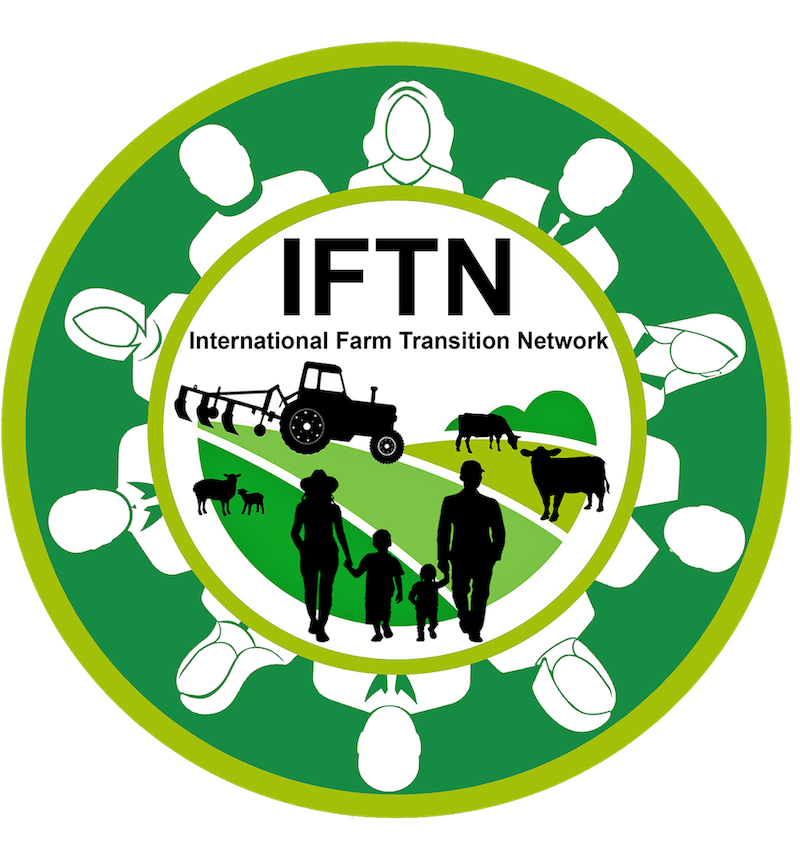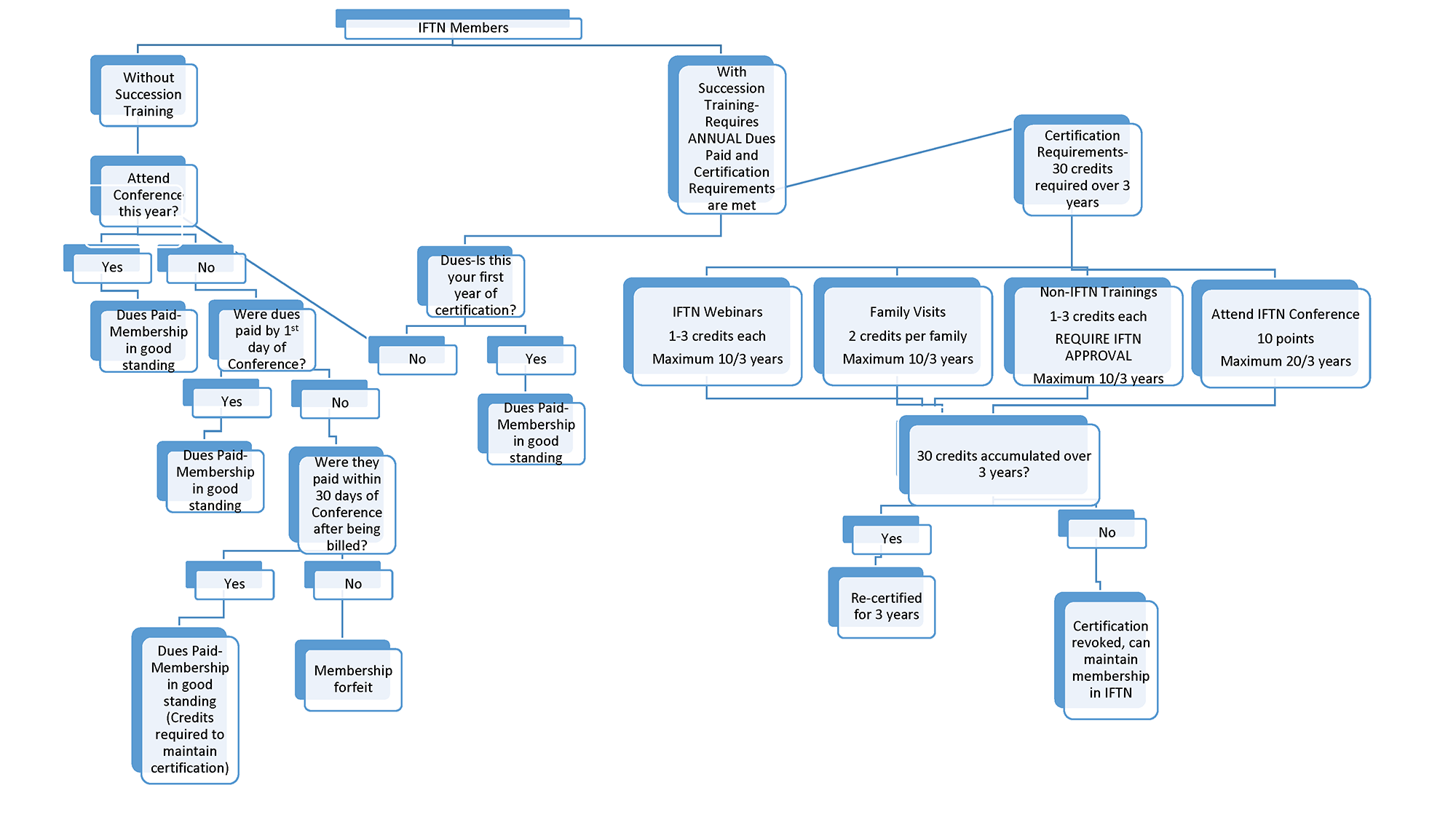IFTN Virtual Conference Agenda
June 8-10, 2021
All times are Central Daylight Time
June 8, 2021
- 10-10:30 a.m.: Welcome and IFTN Report with Allan Vyhnalek
- 10:30-11 a.m.: Getting Farm Families to Talk About Succession with Joy Kirkpatrick and Darlene Livingston (more).
- 11-11:30 a.m.: Farm/Ranch Succession — Lessons Learned with Allan Vyhnalek, Dave Baker and Heather Gessner (more).
June 9, 2021
- 9:30-10 a.m.: Coffee with IFTN Members with Joy Kirkpatrick
- 10-11 a.m.:: Nothing is Certain Except Death and Taxes…Right? with Kitt Tovar Jensen (more).
- 11 a.m.-noon: To Have and to Hold: Exploring the Human Dynamics Affecting Farm Succession and Retirement in Later Life with Dr. Shane Conway (more).
June 10, 2021
Presentation Description and Speaker Bios
Tuesday, June 8, 2021
Welcome and IFTN Report — Allan Vyhnalek, IFTN President
Getting Farm Families to Talk about Succession
Join Joy Kirkpatrick and Darlene Livingston to talk about the importance of good communication for not only the planning process, but what happens after the plan is developed. They will introduce resources and techniques for getting the conversation started and keeping it going.
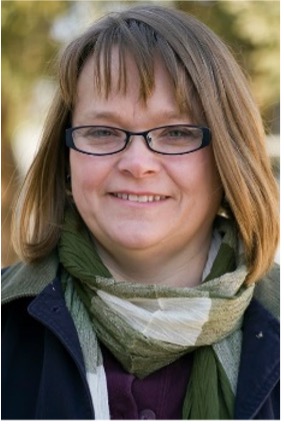
Joy Kirkpatrick has worked for the University of Wisconsin for 27 years. She began her Extension career as a county-based educator. In 2004 she became the Farm Succession Outreach Specialist for the University of Wisconsin’s Center for Dairy Profitability. In this position she collaborates with colleagues to provide educational programs and information on farm succession planning. Kirkpatrick received both her BS and MS degrees from SIU – Carbondale.
Kirkpatrick has extensive experience facilitating farm succession discussions with farm businesses and farm families. She has written articles on retirement planning for farmers and taught seminars throughout the US on farm succession facilitation.
Darlene Livingston has served as the Executive Director of PA Farm Link for 12 years. Leading the organization’s farm succession education and facilitation programs, assisting with farmer and land databases, beginning farmer and farm stress work.
Born and raised on a diversified farm, Darlene has a lifetime of farm experience working with three generations on the farm. Her family currently owns and operates Mahoning Creek Farm a Pennsylvania Farmland Preservation century farm. They direct market high quality pastured Angus beef, Duroc pork and pastured lamb.
Darlene has a B.S. degree in Horticulture from Penn State, and serves as IFTN’s Secretary
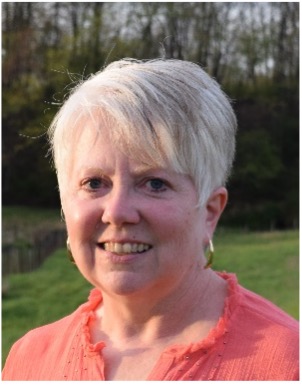
Farm/Ranch Succession — Lessons Learned
What are some of the common mistakes made during succession planning? How can you improve your chances of successfully transitioning to the next generation? Three members of the IFTN Board of Directors will share experiences regarding their efforts to teach and educate about Ag Succession Planning. They will provide proven “field tested” lessons learned tips about helping farm/ranch families transition.
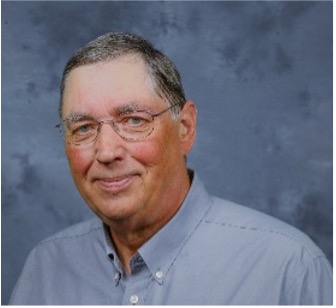
Allan Vyhnalek has spent over 33 years in Extension working in both Iowa and Nebraska. He is a native of Saline County, Nebraska. Vyhnalek received his Bachelor and Master of Science Degrees from the University of Nebraska, Lincoln in Agricultural Education. He taught in high school and post-secondary classrooms for 8 ½ years prior to joining Extension.
His current role is as Extension Educator for Farm/Ranch Succession and Transition – state-wide. For the past 13 years, he has helped lead the Extension education effort for farm management and ag leasing for Nebraska. He works from the Ag Economics Department at UNL.
David Baker is the state-wide Farm Transition Specialist for Iowa State University Extension & Outreach. As Director of the Beginning Farmer Center (BFC) his work focuses on facilitating transfer of farm business assets and management to the next generation. David holds farm business succession workshops across Iowa. He also plays a key role the Ag Link matching program pairing hundreds of beginning farmers with retiring individuals.
David has 40+ years of experience in farming and rents out the diversified grain/livestock farm in NW Iowa to a beginning farmer. David served 6 years in the USAF and received his B.S. in Facilities Management from Troy University and an MBA from SW Minnesota University.
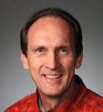
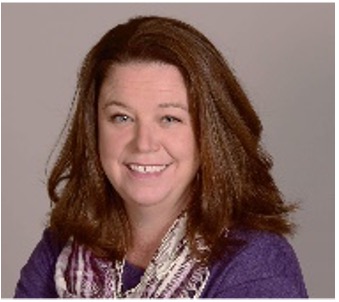
Heather Gessner has worked for SDSU Extension since 2001 and is currently the Livestock Business Management Field Specialist, based in the Sioux Falls Regional Extension Center.
Heather grew up on a diversified livestock and crop operation where she enjoyed all farm life had to offer.
Heather is part of the Ness School for Management and Economics and SDSU Extension Economics. Her focus includes all the fun topics: death, dying, taxes, finance, and marketing. She provides education in enterprise analysis, livestock budgets, financial worksheet creation and analysis, grain and livestock marketing, and marketing plan creation. Additionally, she leads the SDSU Extension estate and transition planning, and beginning farmer education teams.
Wednesday, June 9, 2021
Nothing is Certain Except Death and Taxes … Right?
With a new administration, many are wondering what changes this could bring to the tax code. This presentation will address several proposed changes to estate and capital gains tax law, their political viability, and what this could mean for farm succession planning.
Kitt Tovar Jensen is the Staff Attorney at Center of Ag Law and Taxation (CALT). She focuses on areas of agricultural law including contracts, environmental law, farm succession planning, and policy.
Prior to joining CALT, Kitt worked as a research assistant in the Animal Production department at the University of Lleida in Catalonia, Spain, and interned with the international trade department for the National Pork Producers Council in Washington, D.C. While in law school, Kitt clerked for the Iowa Farm Bureau.
Kitt earned her B.S. in Animal Science from Iowa State and her J.D. from Drake University Law School.

To Have and to Hold: Exploring the Human Dynamics Affecting Farm Succession and Retirement in Later Life
The senior generation’s difficulty and indeed unwillingness to ‘step aside’ and retire from farming is a globally recognized characteristic of intergenerational farm transfer. Research from the Republic of Ireland reveals that the reasons why older farmers fail to plan effectively and expeditiously for the future are expansive, and range from the potential loss of identity, status and power that may occur as a result of engaging in the process in later life, to the intrinsic multi-level relationship farmers have with their farms. These so-called ‘soft issues’ i.e. the emotional and social dimensions involved, are the issues that distort and dominate the older generation’s decisions on the future trajectory of the farm. In fact, such issues have resulted in intractable challenges for farm transfer policy over the past fifty years, consequently making them very much the ‘hard issues’.
This presentation draws on six interrelated peer-reviewed journal articles exploring the complex human dynamics influencing the decision-making processes surrounding farm succession and retirement to put forth a series of recommendations that sensitively deal with problematic issues surrounding generational renewal in agriculture, whilst also ensuring farmers’ emotional wellbeing in later life.
.
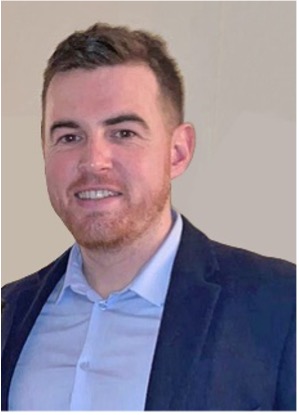
Dr. Shane Conway is a Postdoctoral Researcher in the Discipline of Geography’s Rural Studies Unit at the National University of Ireland, Galway (NUI Galway). Shane’s research interests are in agricultural and rural geography, with a particular focus on older farmers, intergenerational farm transfer and the human side of farming. Dr Conway has published widely on these topics in peer reviewed academic journals, such as the Journal of Rural Studies and Sociologia Ruralis, and is currently leading Ireland’s participation in the International FARMTRANSFERS Project.
Dr. Conway is a member of the Irish National Rural Network (NRN) research team at NUI Galway, where he is responsible for managing and coordinating the network’s work on ‘Generational in Agriculture’ on behalf of Ireland’s Department of Agriculture Food and the Marine (DAFM). Shane is also a farmer, with a particular interest in breeding pedigree Charollais Sheep.
Thursday, June 10, 2021
Mediation in the World of Agriculture
Conflict is a natural part of all business operations, and the unique attributes involved with agriculture make it especially prone to stress. Learning how mediation and conflict management can be used when disputes occur is a valuable resource for practitioners, experts, and families involved in farming and ranching.
.
Kiley Fleming Ed. D., PHR, SHRM-CP: In 2015, Iowa Mediation Service hired Kiley to serve as the Executive Director. With a Doctorate in Interdisciplinary Leadership, Master of Science degree in Human Resource Development, and a Bachelor of Arts degree in Psychology, Kiley has the expertise to design impactful conflict management and communication training. She is also well quipped to conduct conflict resolution and mediation sessions, as she has done for the majority of her Human Resources and consulting career. Drawing from various Human Resources experiences in finance, academia, medicine, and manufacturing, Kiley has vast competencies dealing with dispute management and negotiations. She is also a Certified Life Coach.
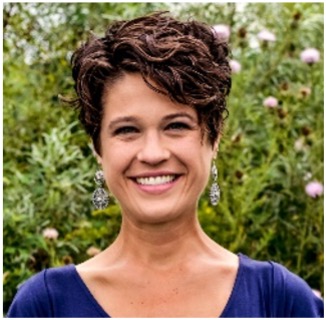
Does Your HR Strategy Support a Smooth Farm Transition?
Jim Versweyveld is the Agriculture Extension Educator for Walworth County. His research and outreach focus includes farm human resources management, farm safety & health, and animal well-being. Jim began his role at Extension in 2018. He has prior experience from the private sector in dairy genetics and reproduction, agribusiness and human resources management. Jim holds a Bachelor of Science in Animal Science from Cornell University and a Master of Science in Occupational Safety from University of Wisconsin-Whitewater.
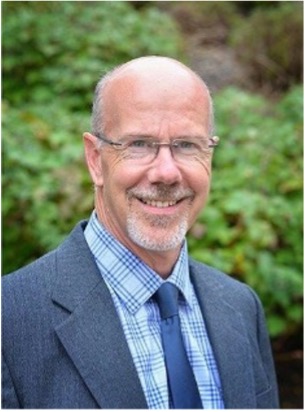
Jim Versweyveld is the Agriculture Extension Educator for Walworth County. His research and outreach focus includes farm human resources management, farm safety & health, and animal well-being. Jim began his role at Extension in 2018. He has prior experience from the private sector in dairy genetics and reproduction, agribusiness and human resources management. Jim holds a Bachelor of Science in Animal Science from Cornell University and a Master of Science in Occupational Safety from University of Wisconsin-Whitewater
Dr. Conway is a member of the Irish National Rural Network (NRN) research team at NUI Galway, where he is responsible for managing and coordinating the network’s work on ‘Generational in Agriculture’ on behalf of Ireland’s Department of Agriculture Food and the Marine (DAFM). Shane is also a farmer, with a particular interest in breeding pedigree Charollais Sheep.
